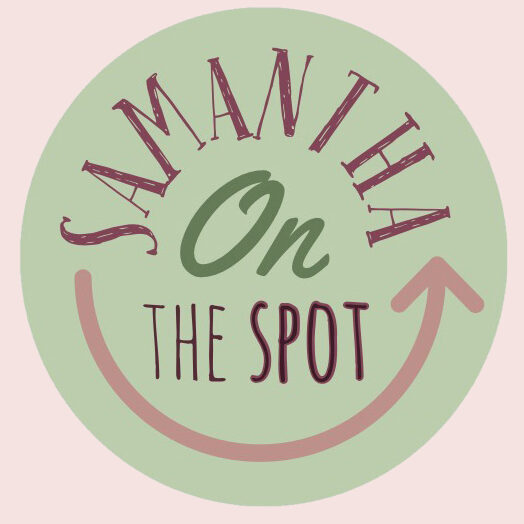By: Samantha Murray

You may ask yourself, “why would fast fashion be a feminist issue?” Here’s your answer.
First off, let’s define “fast fashion”. Merriam-Webster defines it as “an approach to the design, creation, and marketing of clothing fashions that emphasizes making fashion trends quickly and cheaply available to consumers.” That’s a lot to take in but it’s actually quite simple. Fast Fashion is basically clothing produced at a high speed in bulk.
You most likely shop for your clothes at stores like Kohls, Victoria’s Secret, and Urban Outfitters. So do I, but after researching this topic I’m not so sure I will anymore.
In fast fashion, 80% of the people making our clothing are young women, ages 18 to 24, most of whom earn less than $3 a day. Fast fashion has brought a newfound sense of overproduction, overconsumption, and waste, mimicking the culture of materialism.
But, how is this a feminist issue?
Fashion is one of the most labor-dependent industries and many workers are women. 80% to be exact.
Each year, humans consume around 80 billion pieces of new clothing globally.
The fashion industry primarily takes place in low-income countries like Bangladesh, India, China, Vietnam, and the Philippines.
The workers in these clothing factories are primarily women and a lot are taken advantage of because of social and economic vulnerability.
The United States is a modernized country and we have rules and regulations to try and stop unhealthy working environments. Not to say that the workplace is perfect, but when compared to these low-income countries, we’re gold.
In Bangladesh, stories about women in the fashion industry have come out to the public.
Women are being forced to abstain from bathroom breaks, take contraceptive pills, and are being sexually harassed.
Since they are getting paid such low amounts (barely $3 a day), women are forced into a cycle of poverty. In this cycle, women become more susceptible to sexual abuse because they can’t risk the loss of income by reporting misconduct. If they speak out against an employer, they risk losing their job and remain with the inability to find work.
How can we help?
By upcycling clothes and not contributing to the cycle of poverty and harassment we can make a change to this issue.
Go thrifting or shop at a local business to support “slow fashion” instead of “fast”.
You may even find something unique that nobody else has. You’ll look and feel great knowing that this small gesture you made can help contribute to the end of this enduring issue.
Any change is good, big or small.
